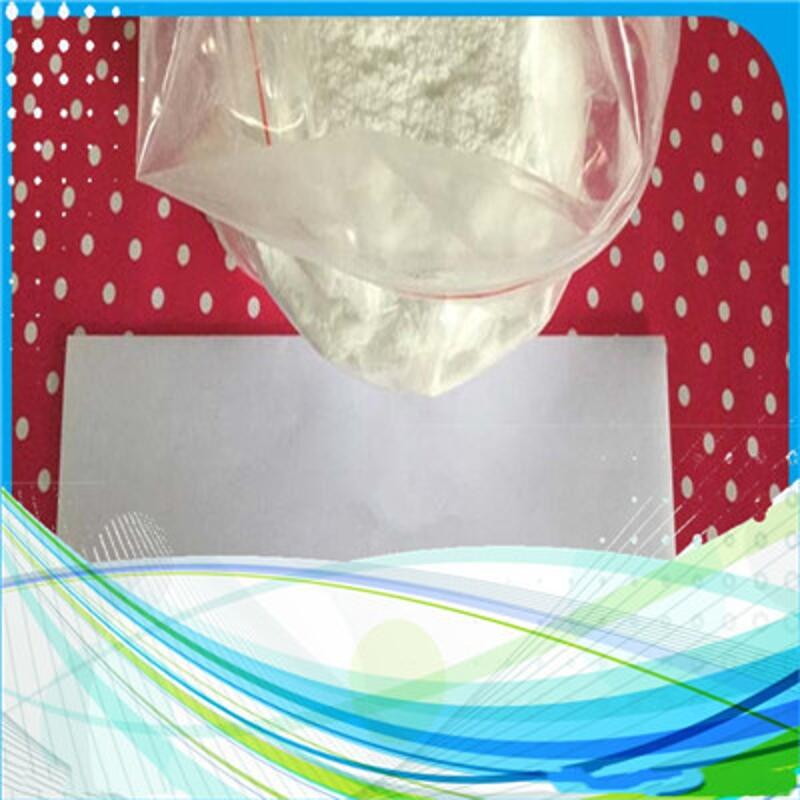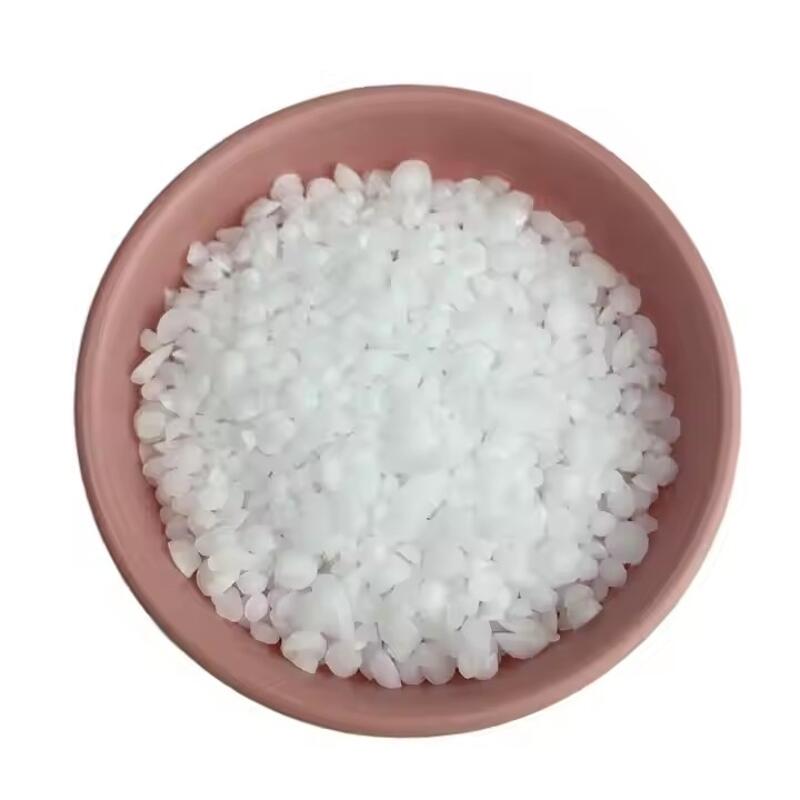Cell: how does acetyl CoA affect liver inflammation and type II diabetes?
-
Last Update: 2015-02-14
-
Source: Internet
-
Author: User
Search more information of high quality chemicals, good prices and reliable suppliers, visit
www.echemi.com
February 14, 2015 / BIOON / -- recently, researchers from Yale University in the famous international journal Cell They found that adipose tissue derived acetyl coenzyme A can regulate insulin-mediated inhibition of glucose synthesis in the liver, and found that in the rat model induced by high fat, this inhibition phenomenon will be affected by IL-6 Insulin mediated inhibition of hepatic glucose synthesis plays an important role in the development of type II diabetes, but the specific molecular mechanism is still unclear Using a new method of metabonomics in vivo, the researchers discovered the main mechanism by which insulin inhibits the HGP process They found that insulin inhibited the lipolysis of white adipose tissue and reduced the level of acetyl CoA in the liver, which led to the reduction of pyruvate carboxylase (PC) - catalyzed reaction The researchers used genetically engineered mice and rats that inhibited insulin signaling, as well as mice that lacked triglyceride lipase, to demonstrate this mechanism in vivo Insulin mediated inhibition of liver acetyl CoA, PC activity and lipolysis process disappeared in high-fat fed rats, and neutralization of IL-6 could reverse this phenomenon, which was induced by increasing IL-6 These results indicate that liver acetyl coenzyme a derived from wat can play a role as a major regulatory factor of insulin-mediated inhibition of hepatic glucose synthesis, and it also links inflammation induced liver insulin resistance with obesity and type II diabetes To sum up, we found a new mechanism of the effect of acetyl coenzyme A from wat on glucose synthesis in liver by metabonomics, and elaborated the new relationship between inflammation, insulin resistance and type II diabetes This study provides a new possibility for the development of drugs for the treatment of diabetes This article is the original compilation of Biovalley, welcome to reprint! Please indicate the source of the reprint and attach the original link Thank you! doi:10.1016/j.cell.2015.01.012 Hepatic Acetyl CoA Links Adipose Tissue Inflammation to Hepatic Insulin Resistance and Type 2 Diabetes Rachel J Perry1, 2, 3, Joao-Paulo G Camporez2, Romy Kursawe2, Paul M Titchenell4, Dongyan Zhang1,Curtis J Perry5, Michael J Jurczak2, Abulizi Abudukadier2, Myoung Sook Han6, Xian-Man Zhang1, Hai-Bin Ruan7, Xiaoyong Yang3, 7, Sonia Caprio8, Susan M Kaech5, Hei Sook Sul9, Morris J Birnbaum4,Roger J Davis1, 6, Gary W Cline2, Kitt Falk Petersen2, Gerald I Shulman Impaired insulin-mediated suppression of hepatic glucose production (HGP) plays a major role in the pathogenesis of type 2 diabetes (T2D), yet the molecular mechanism by which this occurs remains unknown Using a novel in vivo metabolomics approach, we show that the major mechanism by which insulin suppresses HGP is through reductions in hepatic acetyl CoA by suppression of lipolysis in white adipose tissue (WAT) leading to reductions in pyruvate carboxylase flux This mechanism was confirmed in mice and rats with genetic ablation of insulin signaling and mice lacking adipose triglyceride lipase Insulin's ability to suppress hepatic acetyl CoA, PC activity, and lipolysis was lost in high-fat-fed rats, a phenomenon reversible by IL-6 neutralization and inducible by IL-6 infusion Taken together, these data identify WAT-derived hepatic acetyl CoA as the main regulator of HGP by insulin and link it to inflammation-induced hepatic insulin resistance associated with obesity and T2D
This article is an English version of an article which is originally in the Chinese language on echemi.com and is provided for information purposes only.
This website makes no representation or warranty of any kind, either expressed or implied, as to the accuracy, completeness ownership or reliability of
the article or any translations thereof. If you have any concerns or complaints relating to the article, please send an email, providing a detailed
description of the concern or complaint, to
service@echemi.com. A staff member will contact you within 5 working days. Once verified, infringing content
will be removed immediately.







